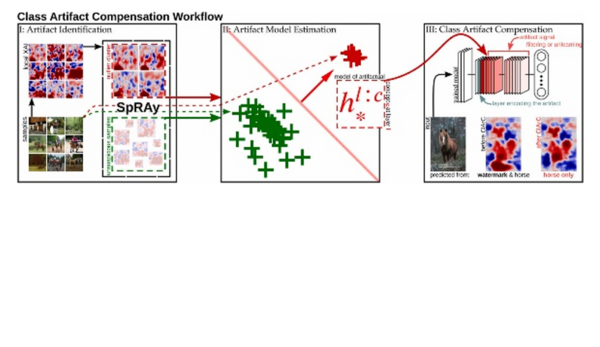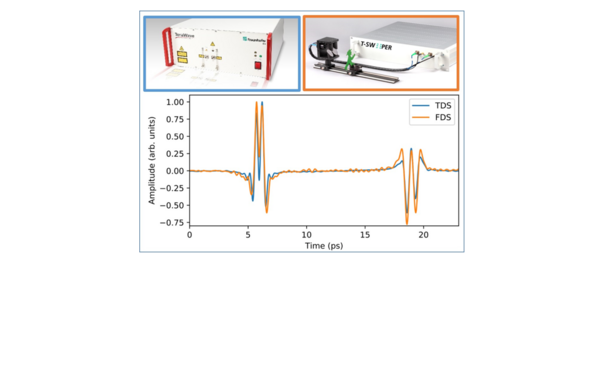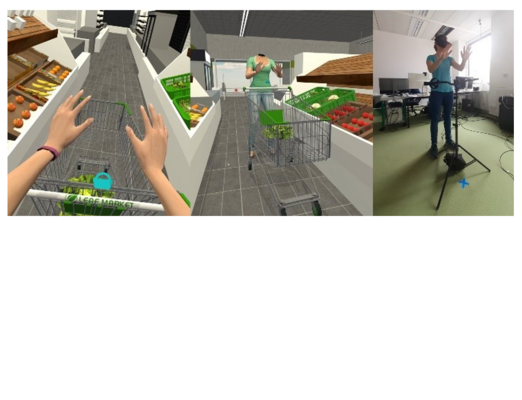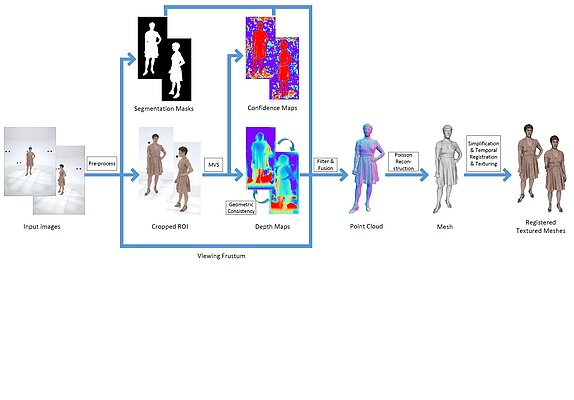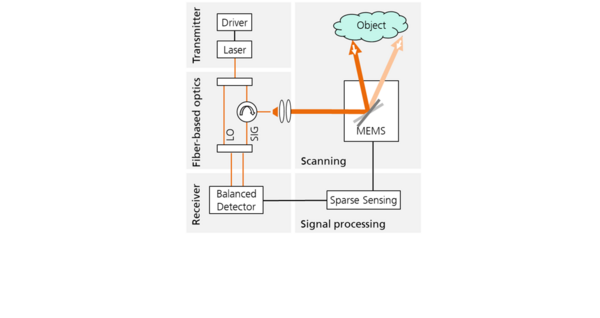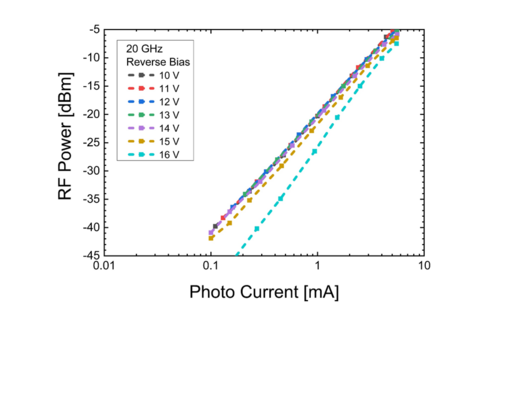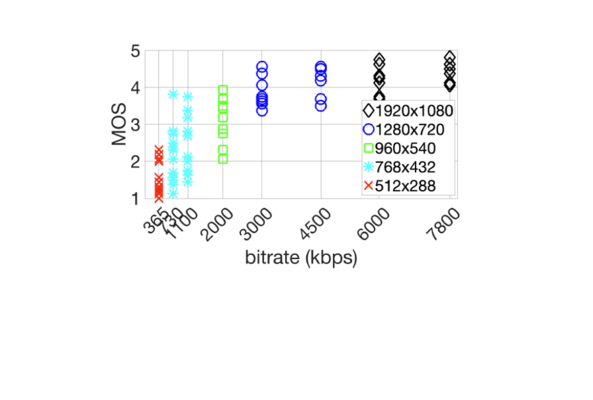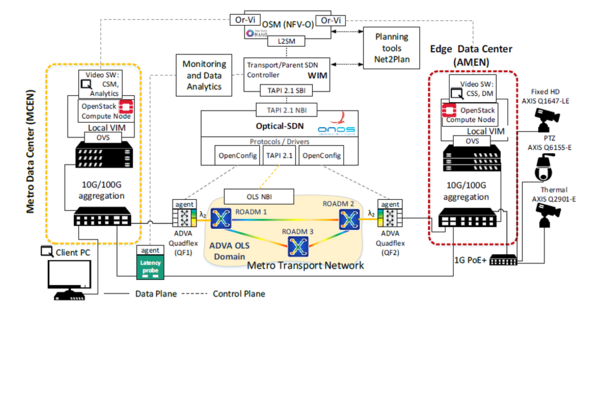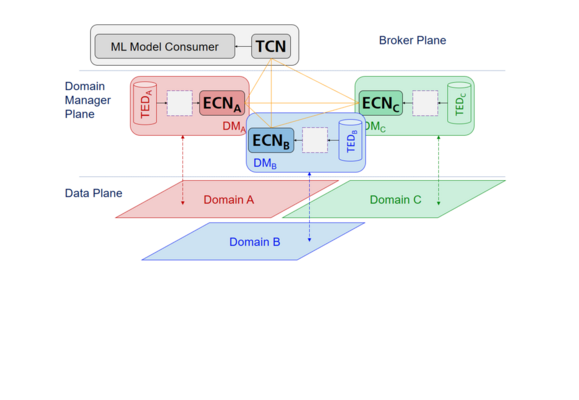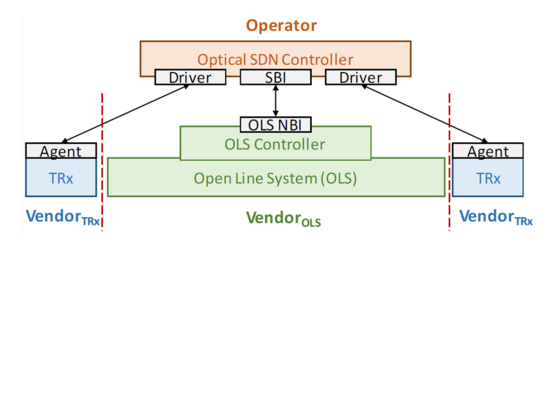Finding and Removing Clever Hans: Using Explanation Methods to Debug and Improve Deep Models
Contemporary learning models for computer vision are typically trained on very large (benchmark) datasets with millions of samples. These may, however, contain biases, artifacts, or errors that have gone unnoticed and are exploitable by the...
Terahertz Multilayer Thickness Measurements: Comparison of Optoelectronic Time and Frequency Domain Systems
We compare a state-of-the-art terahertz (THz) time domain spectroscopy (TDS) system and a novel optoelectronic frequency domain spectroscopy (FDS) system with respect to their performance in layer thickness measurements on dielectric samples....
Inverse kinematics for full-body self representation in VR-based cognitive rehabilitation
Being self-represented through an avatar increases embodiment and the feeling of presence in virtual reality. Nevertheless, currently users in VR are typically represented only by their hands, as not enough tracking data is available for full...
Accurate human body reconstruction for volumetric video
In this work, we enhance a professional end-to-end volumetric video production pipeline to achieve high-fidelity human body reconstruction using only passive cameras.We introduce and optimize deep learning based multi-view stereo networks for...
Fiber-based Frequency Modulated LiDAR With MEMS Scanning Capability for Long-range Sensing in Automotive Applications
Safe operation of driver assistance systems remains a challenge, especially at higher speeds. It requires sensor technology that is capable of detecting surrounding conditions even at large distances. LiDAR technology is a cornerstone of this...
Linearity Characteristics of Avalanche Photodiodes For InP Based PICs
We demonstrate InP based PICs with MMIs and waveguide integrated avalanche photodiodes (APD). We investigate these devices regarding their DC and RF linearity characteristics and find a high bandwidth beyond 20 GHz and a dynamic range of 30 dB...
On the Link between Subjective Score Prediction and Disagreement of Video Quality Metrics
It is common to observe signi?cant disagreements amongst the quality predictions of these VQMs for the same video sequence. Herein, a measure for quantifying the disagreement between VQMs is proposed. We propose a disagreement measure that...
Demonstration of latency-aware 5G network slicing on optical metro networks
The H2020 METRO-HAUL European project has architected a latency-aware, cost-effective, agile, and programmable optical metro network. This includes the design of semidisaggregated metro nodes with compute and storage capabilities, which interface...
Secure Multi-Party Computation and Statistics Sharing for ML Model Training in Multi-domain Multi-vendor Networks
We propose a secure aggregation algorithm that allows proprietary-owned domains, hosting statistically different datasets, train and operate ML models in a Horizontally Federated Learning fashion. The obtained results show a compelling test...
Vertical Federated Learning for Privacy-Preserving ML Model Development in Partially Disaggregated Networks
We present a novel framework that enables vendors and operators, with partial access to operational and monitoring features of a service, to collaboratively develop a ML-assisted solution without revealing any business-critical raw data to each...
